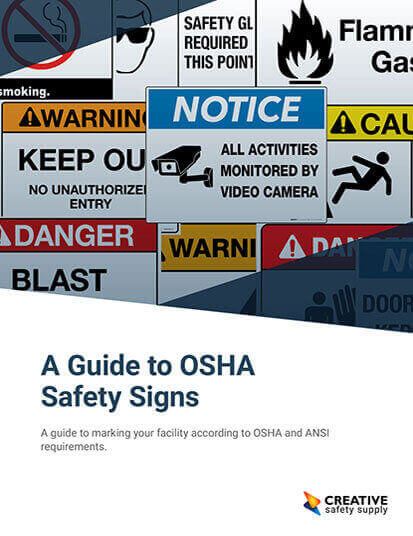
ISO standards play a pivotal role in shaping the operational landscape of businesses across diverse industries. They provide a framework for organizations to meet and exceed international benchmarks for quality, safety, and efficiency. In this article, we will explore real-world examples of businesses that have successfully implemented ISO standards, showcasing the tangible benefits and impact on their operations.
Example 1: Toyota and ISO 9001
Toyota, a global automotive giant, is renowned for its commitment to quality and operational excellence. The company implemented ISO 9001, the international standard for quality management, as a cornerstone of its operations. By adhering to ISO 9001 principles, Toyota established robust quality control processes, efficient supply chain management, and a culture of continuous improvement.
This implementation led to significant improvements in product quality, reduced defects, and enhanced customer satisfaction. Toyota's dedication to ISO 9001 not only solidified its position as a leader in the automotive industry but also served as a model for quality management practices worldwide.
Example 2: Nestlé and ISO 14001
Nestlé, a global food and beverage conglomerate, places a strong emphasis on environmental sustainability. The company adopted ISO 14001, the standard for environmental management systems, to systematically manage its environmental impact. Through ISO 14001, Nestlé established practices for resource conservation, waste reduction, and sustainable sourcing.
This implementation resulted in notable achievements, such as reducing water consumption and greenhouse gas emissions. By aligning with ISO 14001, Nestlé not only demonstrated its commitment to environmental stewardship but also gained a competitive edge in an increasingly eco-conscious market.
Example 3: Siemens and ISO 27001
Siemens, a multinational conglomerate, operates in diverse sectors including energy, healthcare, and transportation. Recognizing the critical importance of information security, Siemens adopted ISO 27001, the standard for information security management systems. Through ISO 27001, Siemens implemented rigorous controls to protect sensitive data, ensuring confidentiality, integrity, and availability.
This implementation not only safeguarded critical information assets but also enhanced Siemens' reputation as a trustworthy partner. By adhering to ISO 27001, Siemens demonstrated its commitment to data security, a critical factor in industries such as healthcare and energy where privacy and security are paramount.
Example 4: Coca-Cola and ISO 50001
Coca-Cola, a global leader in the beverage industry, is dedicated to sustainability and responsible resource management. The company implemented ISO 50001, the standard for energy management systems, to optimize its energy usage. Through ISO 50001, Coca-Cola identified opportunities for energy efficiency, leading to reduced energy consumption and operational costs.
This implementation not only contributed to Coca-Cola's sustainability goals but also generated substantial cost savings. By aligning with ISO 50001, Coca-Cola showcased its commitment to responsible resource management and set an example for sustainable practices in the beverage industry.
These real-world examples of businesses implementing ISO standards highlight the tangible benefits and transformative impact on operations. From quality management at Toyota to environmental sustainability at Nestlé, information security at Siemens, and energy efficiency at Coca-Cola, ISO standards serve as guiding principles for achieving excellence in diverse industries. These examples underscore the adaptability and universality of ISO standards, demonstrating their relevance and impact across the global business landscape.
Similar Questions
- What are some of the Key Differences between ISO 9001 and ISO 14001?
- How does ISO 50001 Drive Energy Efficiency and Sustainability?
- Why are ISO Standards Important for Businesses?
- Is it Worth it for Small Businesses to Invest in ISO Certification?
- How does ISO 9001 relate to Quality Management Systems?
- What Role does ISO play in Global Trade and Market Access?
- How Does ISO Certification Impact Product Quality?
- What are the ISO Standards for Food Safety?
- What should I Expect in the ISO Certification Process?


